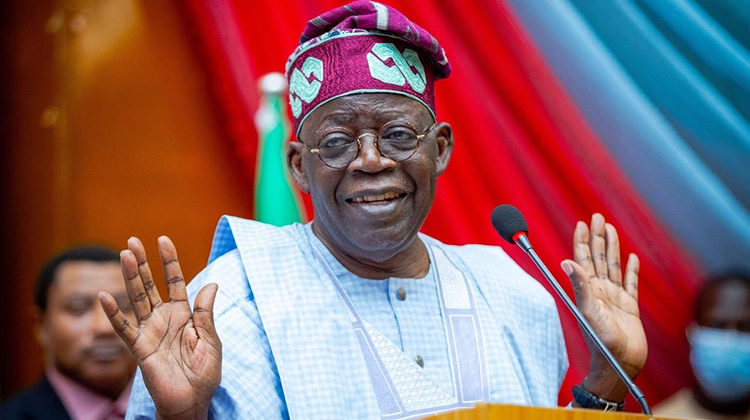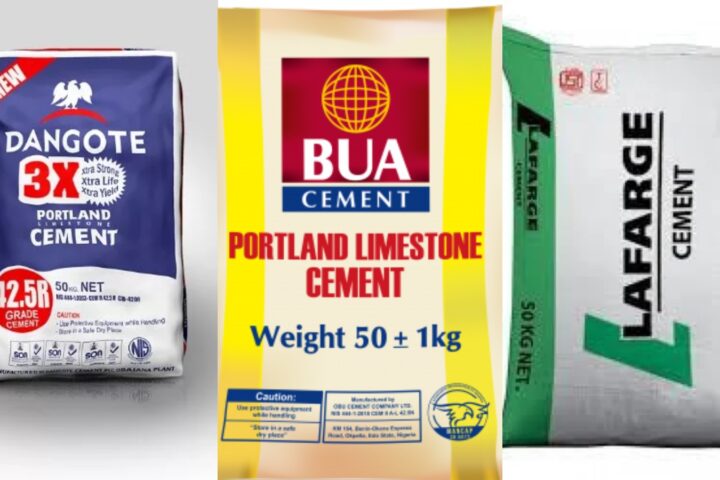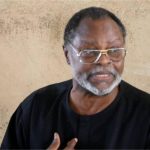President Bola Tinubu has hit the ground running since taking over the presidency from Muhammadu Buhari on Monday, 29 May.
In what has now been described as an ‘audacious’ or ‘insensitive’ move – depending on which side of the divide you belong – Tinubu publicly declared that the era of subsidy is over.
Join our WhatsApp Channel“Subsidy is gone,” he said loudly to the people watching his inauguration speech on Monday. In one day, Tinubu chose to travel the path Buhari has avoided for eight years of his tenure.
Tinubu was not willing to kick the can down the road like Buhari did, as he took the bull by the horn, setting into motion, the removal of subsidy, which was initially scheduled for June.
Two days after that statement, the Nigerian National Petroleum Company (NNPC) Limited adjusted the price of Premium Motor Spirit (PMS), also known as fuel, to above N500 per litre, from N189.
The announcement of the NNPC alludes that the removal of fuel subsidy has come to stay, considering the firm also stated that: “prices will continue to fluctuate to reflect market dynamics.”
Prime Business Africa had previously reported that the greatest test Tinubu will face in his administration would most likely be the decision to either discontinue or extend subsidy payments.
With this out of the way, there are more campaigns and inauguration promise Tinubu made to Nigerians, which he hasn’t unpacked, that is what this article is about, to prepare you for what is to come.
Five important policies to expect from Tinubu
Foreign exchange policies
Tinubu is coming for the foreign exchange market, as he plans to strengthen the Naira against international currencies like the Dollar.
- In his manifesto, Tinubu assured that he will reverse the exchange rate between the Naira and the Dollar to N300 in the short term, then N200 after four years.
- This is a tall goal for even the President as the Naira to Dollar rate trades around N464.50/$1 in the official window and N750/$1 in the black market.
- But considering the official and black markets’ Dollar rates were below N200/$1 before Buhari became President in 2015, then achieving the feet might not be impossible since policies were the reason the Naira lost significant value in the last eight years.
- And Tinubu has promised house cleaning in the monetary policy in order to strengthen the local currency and achieve a single exchange rate.
Higher tariffs on imported goods
One of Tinubu’s plans is to end Nigeria’s import-dependent nature in order to grow the local manufacturing industry during his tenure.
- The President intends to discourage the importation of goods through policy measures such as luxury taxes, higher tariffs, and higher processing fees.
- “We must curb our reliance on imported goods. Importation of non-essential products will be discouraged through policy measures including luxury taxes, higher tariffs, and higher processing fees,” Tinubu said.
- Although he intends to provide incentives to foreign companies to establish their manufacturing companies in Nigeria, “At the same time, international brands will be incentivised with tax credits, rebates and other fiscal incentives to establish manufacturing plants in Nigeria both for export and to meet the needs of the large population of consumers in Nigeria and the wider ECOWAS region.
- “We shall also enact new policies to exploit the framework provided by the African Continental Free Trade Agreement (AfCTA) to further boost domestic manufacturing and production.”
Electricity reform policy
Electricity is highly subsidised in Nigeria, the reason the Federal Government spent N120 billion in 2022 to subsidise power, according to the Special Adviser to the President on Power and Infrastructure, Zakari Ahmed.
- Tinubu wants to put an end to this by reforming the power sector. He said Distribution Companies will be allowed to charge cost-reflective tariffs for electricity supply. This is similar to what he has done with fuel.
- Aside from suspending the subsidy on electricity, he also stated that his government will reduce import levies on manufacturing inputs and provide other forms of support so that domestic manufacturers are able to compete and meet the demand for meters and provide targeted and efficient tax incentives for local manufacturing companies making meters.
New blockchain and crypto policy
The blockchain and cryptocurrency industry will have their fingers crossed as Tinubu will introduce new regulatory policies relating to blockchain and crypto assets.
- In his manifesto, he said existing policies on blockchain technology and crypto assets will be reviewed to create a more efficient and business-friendly regulatory framework.
- “We will reform government policy to encourage the prudent use of blockchain technology in finance and banking, identity management, revenue collection and the use of crypto assets.
- “As part of our reforms, we will establish an advisory committee to review the existing regulatory environment governing blockchain technology and virtual asset services and, where necessary, suggest changes to create a more efficient and business-friendly regulatory framework.
- “We will also encourage the CBN to expand the use of our digital currency, the Enaira,” Tinubu said.
Housing policy
Tinubu will reform the housing sector if his manifesto is to go by. He will merge the federal agencies into one, a move that will result in job losses among the agencies, as some departments will be rendered redundant by Tinubu’s housing policy.
- He said the federal agencies currently promoting home ownership in Nigeria are too small, so their merger will birth a new and more competent body.
- “The various federal agencies meant to promote home ownership are too small and fragmented. To address the housing deficit, we will ensure greater cohesion and efficiency by merging these agencies into a new, more competent body.
- “This new entity will inherit the functions of existing housing authorities and shall be adequately capitalised by the Federal Government.
- The agency will have a three-fold mandate to (i) grant low interest rate mortgages directly; (ii) guarantee qualified mortgages issued by banks; and (iii) purchase mortgages from private banks,” he wrote in his manifesto.

















Follow Us